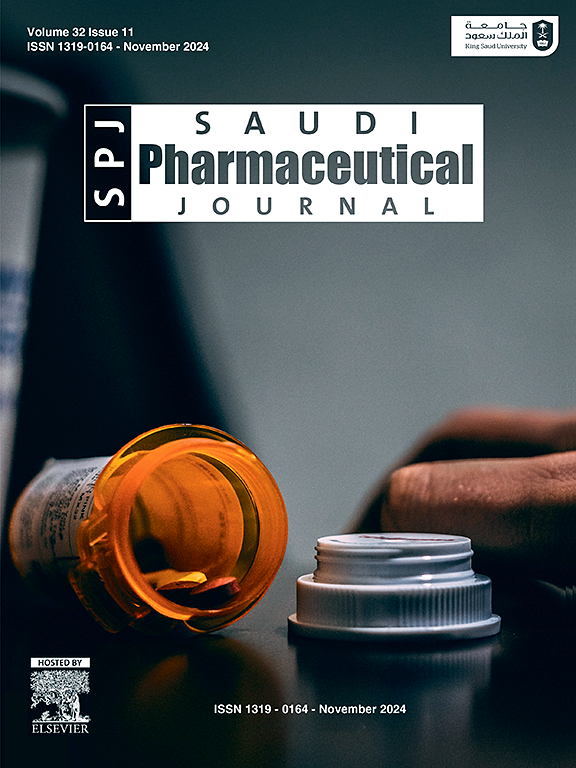药学领导者所需的能力、技能和个人特征:深度访谈
IF 3.4
3区 医学
Q2 PHARMACOLOGY & PHARMACY
引用次数: 0
摘要
本研究旨在探讨沙特阿拉伯有志于担任领导职务的药剂师所需的基本能力、领导力发展策略、技能、价值观和个人特征。方法 本研究选择了半结构式深度访谈,通过面谈或视频的方式,以保密的方式探讨药剂师的领导特质和策略。研究对象包括 12 名药剂师,其中男性 7 名,女性 5 名,他们的工作经验各不相同:其中包括 3 名有抱负的领导者、5 名现任领导者和 4 名退休领导者。研究人员编写了一份包含 14 个问题的访谈指南,以调查有效发展药剂学领导力所需的关键要素。研究结果表明,不同群体对领导技能和个人特征的认识存在显著差异。由有抱负的药剂师组成的初级组强调理想主义的个人特征,而非实际技能。与此相反,现任和退休领导者在区分个人特点和基本技能方面表现出了明显的能力。此外,研究还发现了基于沙特国情的领导力发展战略,这些战略尤其能引起现任和前任领导者的共鸣。结论这项研究考察了有志于担任领导职务的药剂师的基本能力和领导力发展战略,揭示了早期职业药剂师与现任或前任领导者之间的显著差异。未来的研究应侧重于通过有针对性的知识干预来弥合这些观念和技能上的差异。本文章由计算机程序翻译,如有差异,请以英文原文为准。
Competencies, skills, and personal characteristics needed for pharmacy leaders: An in-depth interview
Objectives
This study aims to explore the essential competencies, leadership development strategies, skills, values, and personal characteristics required for pharmacists aspiring to leadership positions in Saudi Arabia.
Methods
Semi-structured, in-depth interviews, conducted either in person or via video, were selected to confidentially explore the leadership traits and strategies of pharmacists. The study included twelve pharmacists, consisting of 7 males and 5 females, with varying levels of experience: 3 aspiring leaders, 5 current leaders, and 4 retired leaders. A fourteen-question interview guide was developed to investigate the key elements necessary for effective pharmacy leadership development. The guide was pilot tested with two pharmacists, whose responses were excluded from the final sample and subsequent analysis.
Results
The study revealed significant disparities in the perceptions of leadership skills and personal characteristics among the different groups. The junior cohort, consisting of aspiring pharmacists, emphasized idealistic personal characteristics over practical skills. In contrast, current and retired leaders demonstrated a clear ability to differentiate between personal characteristics and essential skills. Furthermore, the study identified leadership development strategies grounded in the Saudi context, which were particularly resonant with both current and former leaders.
Conclusions
The study examined the essential competencies and leadership development strategies for pharmacists aspiring to leadership roles, revealing notable disparities between early-career individuals and current or former leaders. Future research should focus on bridging these differences in perception and skills through targeted knowledge interventions.
求助全文
通过发布文献求助,成功后即可免费获取论文全文。
去求助
来源期刊

Saudi Pharmaceutical Journal
PHARMACOLOGY & PHARMACY-
CiteScore
6.10
自引率
2.40%
发文量
194
审稿时长
67 days
期刊介绍:
The Saudi Pharmaceutical Journal (SPJ) is the official journal of the Saudi Pharmaceutical Society (SPS) publishing high quality clinically oriented submissions which encompass the various disciplines of pharmaceutical sciences and related subjects. SPJ publishes 8 issues per year by the Saudi Pharmaceutical Society, with the cooperation of the College of Pharmacy, King Saud University.
 求助内容:
求助内容: 应助结果提醒方式:
应助结果提醒方式:


